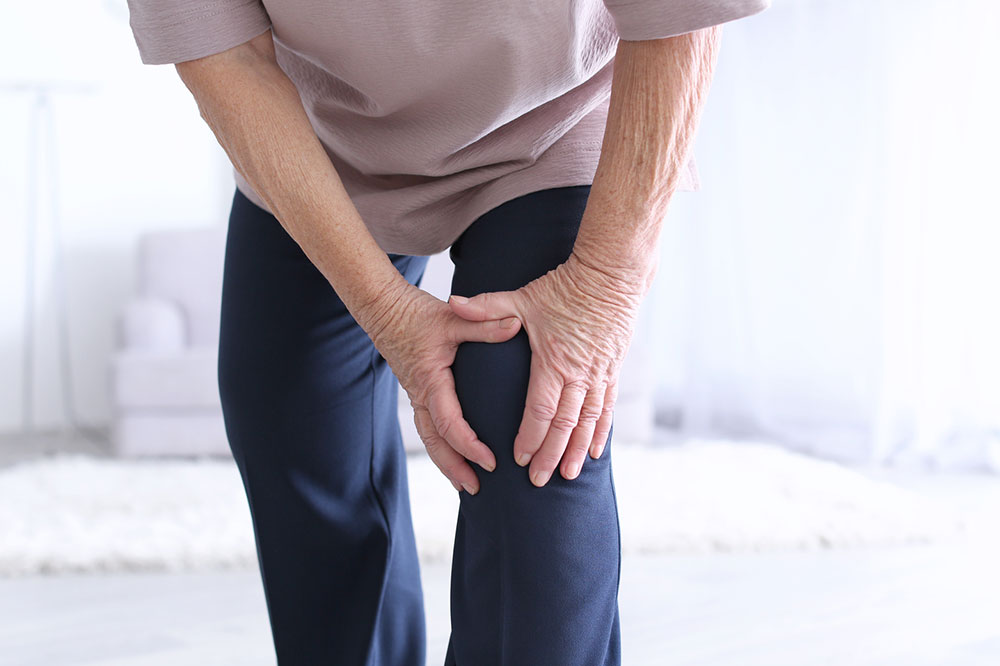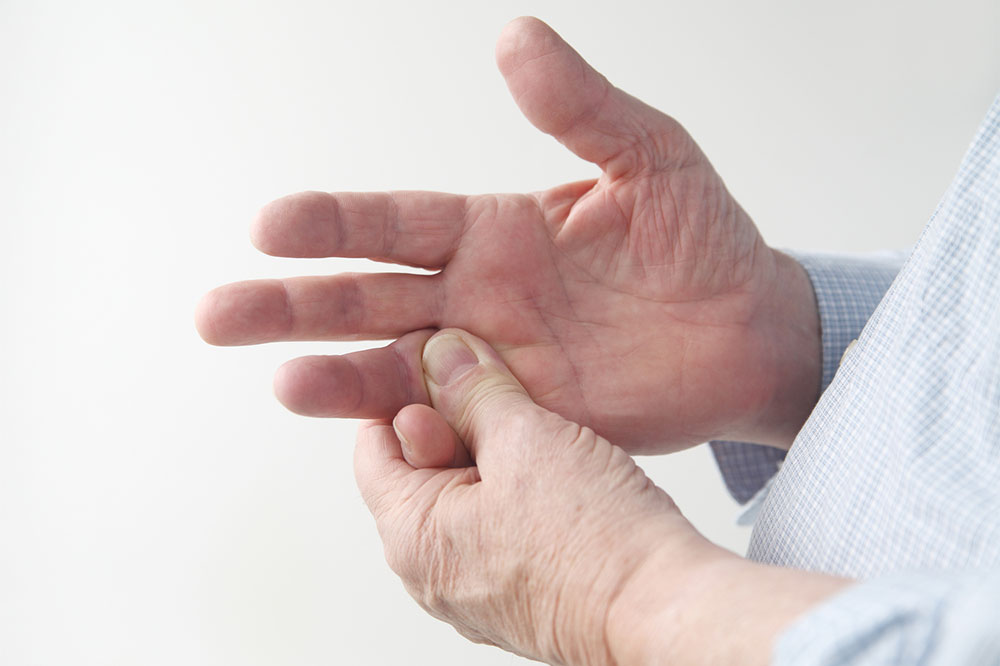7 mistakes to avoid when opening a CD

Most experts believe that a certificate of deposit (CD) is a safe and secure investment option that can provide lucrative returns based on the chosen bank. A CD is a type of savings account offered by banks or credit unions, wherein the invested money is parked for a specified period. Investors might incur penalties if they prematurely withdraw from the account. Moreover, avoiding certain mistakes when opening a CD can help one reap significant returns.
Not knowing the types of CDs
Most individuals believe that all CDs levy penalties on investors in case of premature withdrawals. While the standard CDs result in penalties for early withdrawals, some other ones, called no-penalty CDs, do not charge penalties if investors withdraw from the account before completion of the lock-in period. Moreover, the lock-in period for these no-penalty CDs is usually no longer than one year. However, it is important to check the differences in interest rates between standard and no-penalty CDs and opt for one accordingly.
Withdrawing prematurely
Withdrawing one’s funds prematurely from standard CDs can prevent one from reaping the benefits of lucrative returns in the long run. For instance, in many cases, one may be charged three months’ worth of interest in case of withdrawal before completion of one year. Repeated premature withdrawals can significantly reduce the returns one derives from the CD, affecting one’s investment objectives.
Not exploring different financial institutions
A common mistake while investing in CDs is to opt for the first option one comes across. Not checking out the CDs offered by different banks and credit unions can cause one to miss out on higher returns and shorter lock-in periods. Therefore, it is important to devote sufficient time and effort to explore the CDs offered by different banks, non-banking financial institutions, and credit unions and compare the interest rates and lock-in periods of each CD before making an investment decision.
Not reinvesting returns or not renewing CDs
One’s savings cannot grow considerably unless one reinvests CD returns in another lucrative investment avenue or renews the existing CD upon maturity. Returns from CDs can substantially increase when the interest is reinvested after a period of time, when sufficient funds have accumulated.
Opening a checking account before a CD
Some banks and credit unions may require one to open a checking account before opting for a CD. However, one may incur additional expenses by opening this checking account, which can prevent one from making the most of CD returns. So, if a bank necessitates opening a checking account before issuing a CD, one must ensure to consider the costs involved to gauge if it is a logical decision.
Opening a CD for short-term liquidity
While CDs are low-risk and secure investment options, they may not offer as much short-term liquidity as some other investment avenues. So, it is important to invest in some other security alongside a CD if one is looking to liquidate funds as and when required.
Investing in a CD in the face of inflation
Investing one’s money in a CD in the face of inflation can be a bad idea, as it can prevent one from reaping higher returns. Thus, in case of inflation, it is a wiser option to wait until the rates subside again before investing in CDs.







